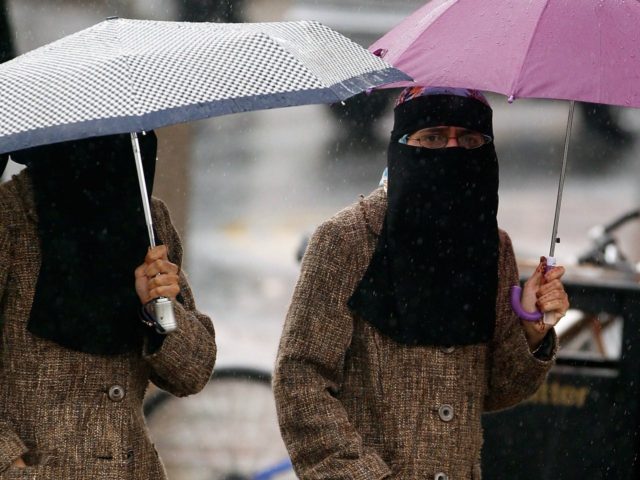Polygamy is “commonplace” within Muslim communities in Britain, with husbands fathering as many as 20 children by four wives, a Peer has said. She has called for a change in the law so that Muslim women know their rights under British law not to be discriminated against.
Although it has long been recognised that polygamy occurs in Muslim communities, it is typically seen as very rare.
But in a statement delivered to a conference on Islam in the UK on Sunday, Baroness Cox, a cross-bench member of the house of Lords, told the audience that polygamy in some communities is “commonplace” and that, as the marriages are Islamic ceremonies which have no legal status in British law, women who find themselves in polygamous marriages are being left without any rights.
Furthermore, the situation is being enabled by the acceptance of sharia councils in the UK, which Baroness Cox called a “parallel legal system”.
She explained: “Under sharia law, a husband is entitled to up to four wives providing he takes responsibility for making appropriate provision for all. In many Muslim communities in this country, polygamy is commonplace although as a nation bigamy is legally forbidden.”
She added: “Many [women] in polygamous marriages have said their husbands failed to provide financial support. Some were not even aware they were being married into polygamous relationships. Many are desperately unhappy.”
Cox has spoken to a number of British women in polygamous relationships herself in a bid to gain a clearer picture of the challenges they face. She describes a situation in which men are taking multiple wives, having numerous children, and are not providing for them.
She said: “Several Muslim women have told me that men in their communities may each have up to 20 children. This clearly paves the way for children growing up in dysfunctional families, who may become very vulnerable to marginalisation and potential radicalisation.”
Cox further pointed as evidence to a 2014 study in which 50 women living in Muslim communities in the West Midlands were interviewed about their experiences. It gives a glimpse into how widespread the issue is.
Of the 50 women interviewed, 46 were in current marriages. Of those, the report states, “two thirds of those who identified as being married (31 of 46) said their husband has more than one wife.”
Four of the women said their husband has three wives in total, and three women said their husband has four wives in total.
The report continues: “Islamic law requires that a man who chooses to have more than one wife must be able to support all of his wives. However, of the women who said their husband has more than one wife, nearly all (27 of 31) said their husband does not support them financially. Of these women, three quarters (21 of 27) rely on state benefits.”
The report includes anonymous testimonies, including from a 32-year-old woman who told the researcher: “…I found out afterwards that he had three more wives and he is still married to them. He lives with me but refuses to pay for anything. I live in his house that he bought but I claim benefits on it to pay his mortgage.”
Baroness Cox has introduced a Private Members Bill in Parliament to amend the law so that sharia courts cannot be used to discriminate against British Muslim women by denying them the same rights enjoyed by other British citizens.
But although the Bill received widespread support from all sides of the House, Cox said it “was opposed by the government on the grounds that every citizen has full and free access to the laws of the land.
“As I have already said this is manifestly untrue as many vulnerable Muslim women are ignorant of their legal rights and may live in very close communities with tremendous pressure from families not to seek outside professional help, which would bring shame on the community.”
She added: “All my concerns are based on first hand testimonies from Muslim women, and those committed to try and help them.
“One woman told me “I feel betrayed by Britain. I came here to get away from this and the situation is worse here than in the country I came from.”
Cox is encouraging women who have been discriminated against to come forward, “to challenge our government to take appropriate measures to ensure protection for all citizens of our country, the promotion of the human rights of all people, especially vulnerable girls and women, and the punishment of all who break our laws”.

COMMENTS
Please let us know if you're having issues with commenting.